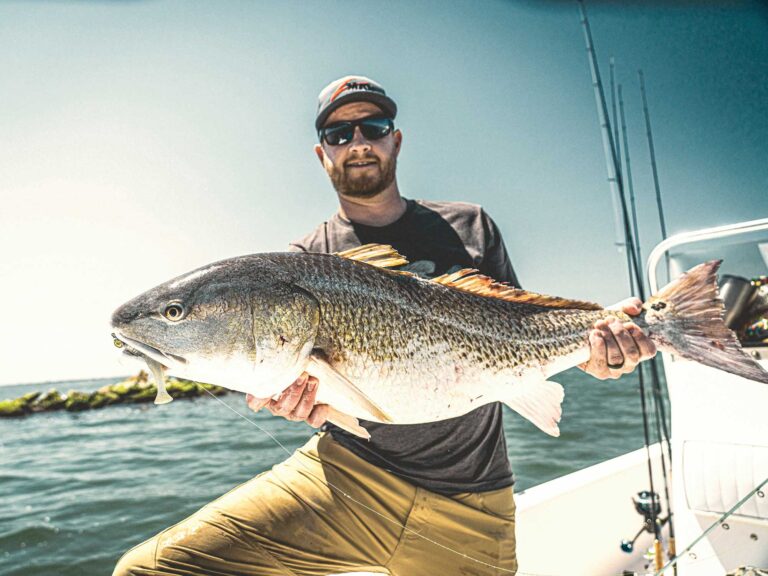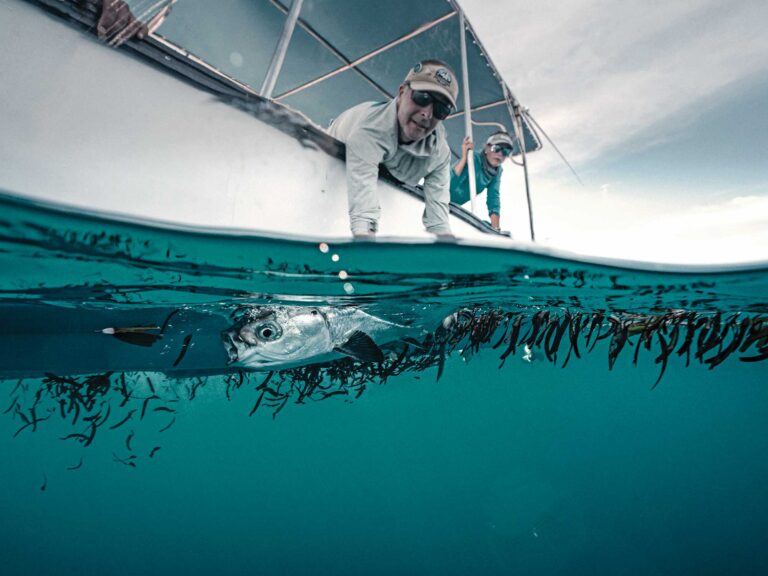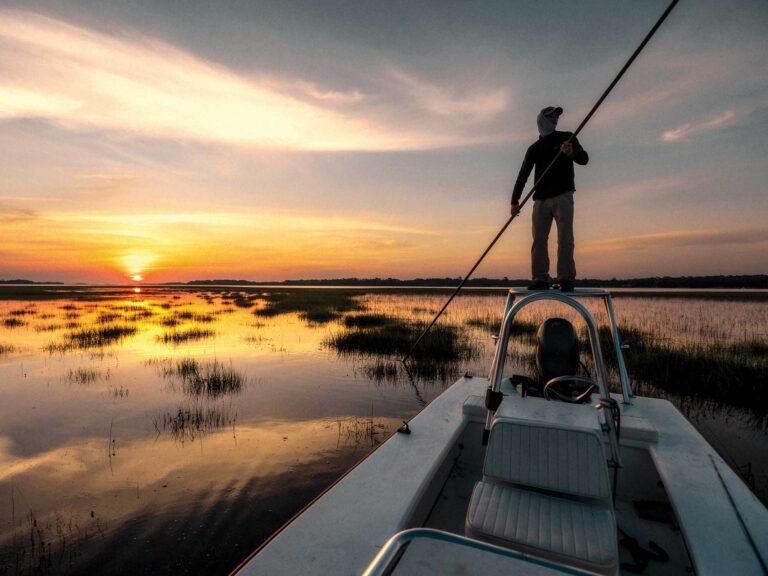Gag Grouper Shutdown
NOAA Fisheries Service announced a temporary rule that closes the gag grouper fishery in the Gulf of Mexico effective January 1, 2011. The rule also suspends the allowance for gag grouper as incidental by-catch for commercial red grouper fishermen.
Gag grouper is considered overfished (population abundance is too low) and undergoing overfishing (rate of removal too high). The Gulf of Mexico Fishery Management Council (Council) requested NOAA Fisheries Service implement this temporary rule to address overfishing while they developed a long-term rebuilding plan through Amendment 32 to the Fishery Management Plan for the Reef Fish Resources of the Gulf of Mexico.
It was the intent of the Council when requesting this temporary rule that there should be a recreational harvest of gag in 2011; however, this season will be developed in Amendment 32 if supported by the science. If the Council allowed the recreational sector to fish for gag at the beginning of the 2011 fishing year, the recreational season later in the year would have to be shortened. The Council favored a summer fishing season for gag because it maximized the season length and so requested the temporary closure to delay the beginning of the season.
The final rule, scheduled for December 1publication in the Federal Register is available at www.gpoaccess.gov/fr/index.html
Amberjack Stays Open
Also in the Gulf, the greater amberjack season will remain open through the remainder of 2010.
An analysis of the Marine Recreational Fisheries Survey and Statistics landings as well as headboat landings estimates through July 23, and available information regarding the short-term impacts of the Deepwater Horizon/BP oil spill upon recreational greater amberjack, indicated the that landings are unlikely to exceed the 2010 quota prior to the end of the recreational fishing year.
A greater amberjack update stock assessment is scheduled to be completed early in 2011 and will provide the information necessary to determine if overfishing is still occurring in the greater amberjack fishery.









